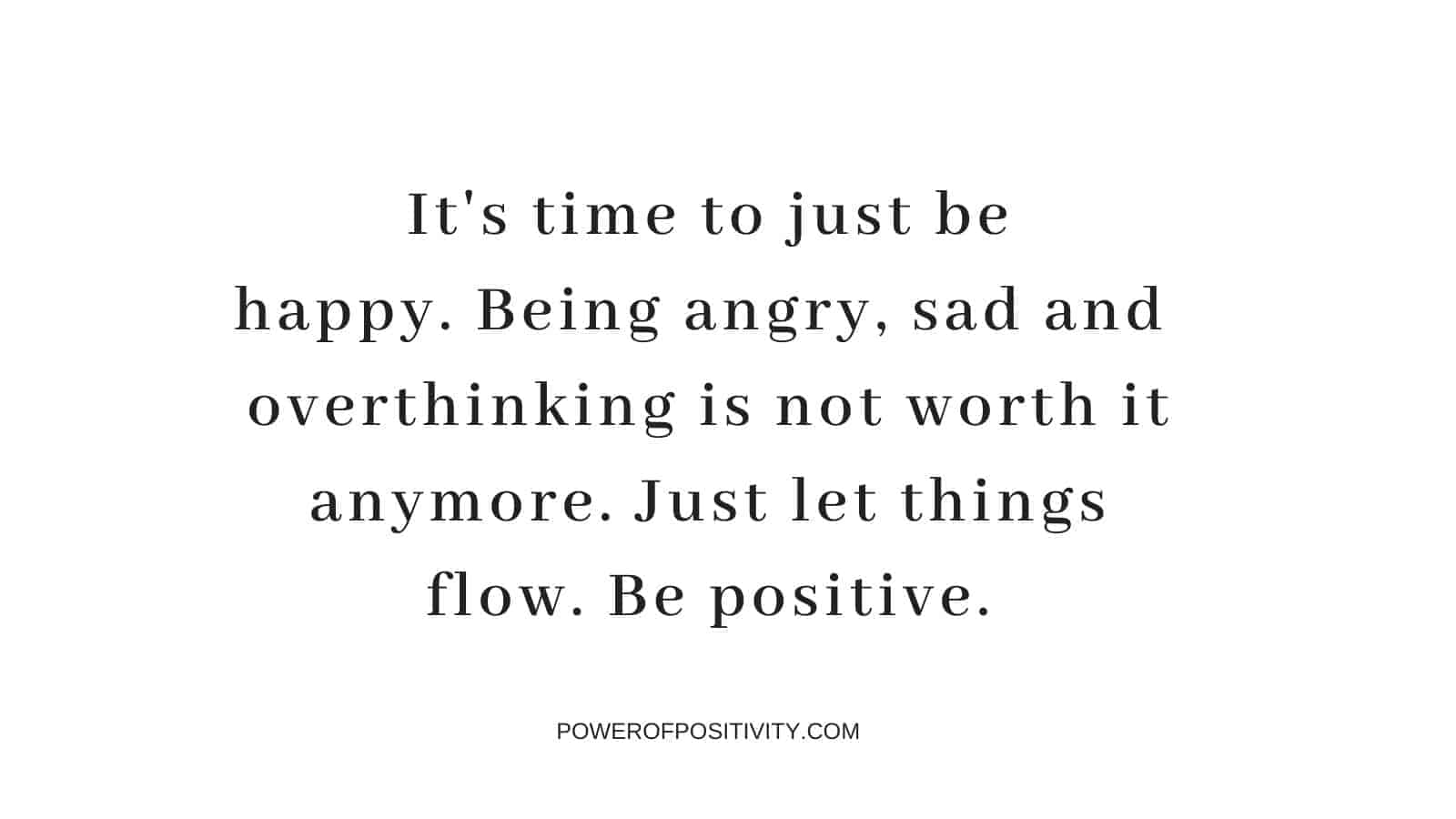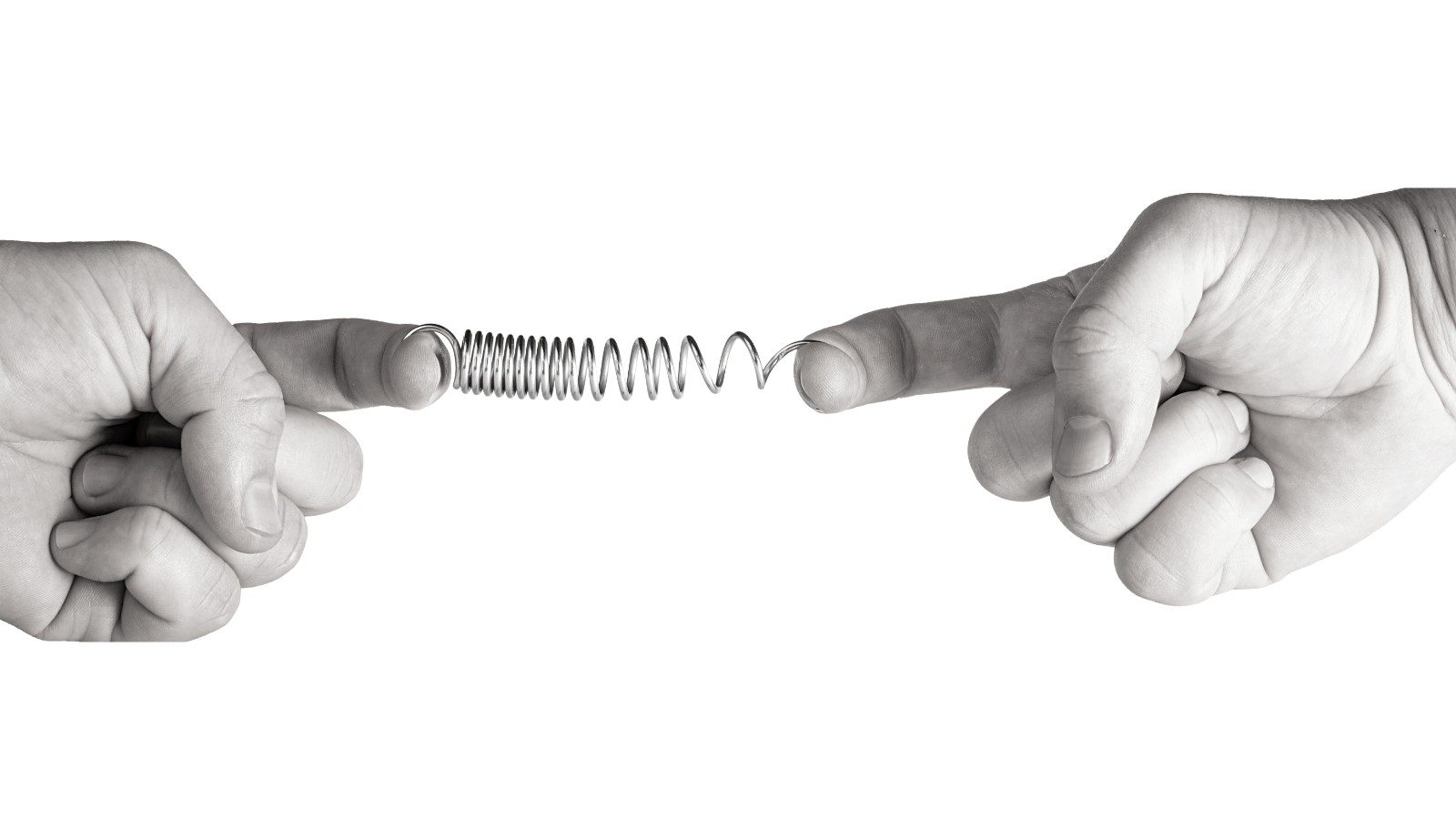Mental resilience refers to someone’s psychological ability to handle stress, manage difficulties, and cope with crises. It can also be defined as someone’s ability to bounce back after facing the aforementioned challenges. Learning from your past competence or successes can help you boost that resiliency.
Whichever way you slice it, resilience is an essential trait for those trying to make their way in the world, protecting you from long-term effects and trauma. The things you’ve experienced can be a problem in your life for much longer if your mental resilience is low.
But that doesn’t mean that you’ll naturally have strong resilience right off the bat. For most, mental resilience is something that one must build over time. Somewhat ironically, this means it can be shaped by the experiences you have, including ones where you may have wished you were stronger!
Specifically, knowing that you have displayed moments of ability, strength, and courage in the past can help to improve your resilience even further in the future. How? Here are seven ways past competence helps boost your mental strength.
1. Past Competence Helps You Learn To Walk Towards Fear
Franklin D. Roosevelt once stated the following:
“Courage is not the absence of fear, but rather the assessment that something else is more important than fear.”
While this quote is applicable in just about any circumstance, experienced people can tell you that it is never more poignant than when you’re dealing with hardships and struggles. This is because:
 · It’s Familiar
· It’s Familiar
Just the knowledge alone that you’ve dealt with mental hardship before (even if it’s completely different) can be comforting in and of itself. You standing right here is proof that you can and will live through another day – and nothing can take that away from you.
· You’re Prepared
No two situations are ever the same, but the skills are transferable – as is the knowledge. Every single past hardship you have behind you is another tool to add to your toolbox, making it easier for you to tackle something head-on. You already know how to do this.
· It Gets Easier
If you’ve ever wondered how professionals seem to be able to handle multiple things at once, this is why. As your familiarity with how you think and behave increases, it gets much easier to manage your mental state and issues while gaining competence day by day. In other words? Positive thinking just became a lot more viable to practice in the heat of the moment.
2. You Don’t Ruminate
We could have always done better, which is a fact and an awareness that will forever haunt us. Of course, we rarely pull something off perfectly the first time and walk away with a positive outcome. We will inevitably fail, and the consequences will leave deep marks on our psyche.
As a result, many of us end up ruminating, where we wallow in our thoughts and flip it over and over again in our minds. As you can imagine, this is something that science has shown isn’t great for us in the long run. A study notes that self-focused rumination often results in:
- Worsened negative moods
- Increased sensitivity to negative commentary and situations
- High tendency to delve deeper into negative memories
All in all, it sounds like a Catch-22 situation.
But here’s the thing – when you’ve dealt with something in the past and deal with it successfully, you can better deal with the pains of the present.
How? Learning from past experiences will have informed you what will happen to your mental state in any given situation and how it will unfold – and from there, you can prepare accordingly. This essentially increases your mental resilience in any case because you come into a situation with a game plan already ready.
For example, instead of contemplating for long periods, you are more likely to:
- Acknowledge your mental state and health
- Seek help from those around you
- Have plans in place to handle a dip in your mental health
- Care for yourself in the form of exercise and other routines
- Practice gratitude for the positive things you have
3. You Learn To Respond, Not React
Emotions and thoughts can be challenging to handle, no matter who you are. And when you’re dealing with them for the very first time, they can be overwhelming. Just where are these feelings coming from? What are you supposed to do about them? How can you make them go away?
Past experiences are really what’s necessary here. Not only do they inform you what has happened, but they also give you additional information you’ll need to parse and understand what is happening to you at any given time.
From there, you can focus on preemptively preventing future situations in the future.
Here are a few examples:
· You Communicate Better
Dealing with something for the second or third time gives you headroom to be aware of what’s happening to you at any given moment. This experience makes it easier for you to put names to things and describe them – and by extension, process and deal with them better.
· You Know Better
While it doesn’t necessarily mean you’ll be more positive in a bad situation, a study has shown that people who are already familiar with negative issues and thoughts are often better reacting to them. This often results in them being more resilient to hardships, as they’re less volatile in their responses to difficulties and issues.
· You Cut To The Chase
After several failed relationships, you’ll learn how to quickly spot any potential issues and red flags that come up in a given situation. This allows you to cut out further heartbreak by addressing those problems as soon as possible so that they can be resolved without further development.
 4. You Know Catastrophes Aren’t Likely
4. You Know Catastrophes Aren’t Likely
Who can predict the future?
You can’t. So when things get bad, your mental health will likely take a pretty significant hit – and it often only gets worse from there. Even if you know better, it’s one thing to talk about positive thinking and another to practice.
As a result, depression is quick to follow – and with, catastrophizing. Science proves that a depressed person is more likely to catastrophize, which only makes things worse.
But with past experiences under your belt, you’re more likely to recognize when an unhealthy thought pattern is repeating itself – and from there, take steps to prevent yourself from spiraling. For example, you’re more likely to:
- Counteract spiraling thoughts with logical, rational counterarguments
- Be equipped with tools like a worry stone or a pendant to redirect nervous thoughts and energy
- Have more awareness and control over your thoughts
As you can imagine, all this contributes significantly to an increase in mental resilience – and they all require that you have dealt with past experiences before to know better!
5. You Are More Eager To Gain More Knowledge and Competence
Many of us are scared of failure. It hurts, and it can negatively shape the way we see ourselves. So it’s no surprise that many people avoid failing where they can and break down when they can’t.
In this, past experience comes out king. Once you’ve been through the pain, you’re more likely to realize that it’s only temporary – there’s always a way through. What’s more important right now is to understand how you can start moving forward, and overcome this situation.
From there, you start asking questions like:
- What resources can I pull from to help me?
- Are any choices available to me at this moment?
- What can I take away from this situation?
Because you already know that there’s a light at the end of the tunnel, you’re more likely to work on resolving and moving on. As you can imagine, this increases your mental resilience significantly, as your focus shifts from blame and guilt to growth and better understanding.
6. You Know It Will Pass
A boon that can only be gotten from past experiences is the knowledge and awareness that this situation, too, shall pass – and now it’s backed by science!
Research shows that when people have had time to reflect upon past hurts and events are better at handling negative emotions in the present. This mental resiliency is mainly because:
- You keep your gaze forward and are more focused on the long term
- Knowing that there is an inevitable end is a source of comfort throughout a given situation
- You view everything within the perspective of a longer timeline
7. You Use Negativity To Move Forward
In the light of how negativity and the things it causes is bad, it can be easy to assume that you would want to purge negativity entirely. After all, isn’t it much better to be focused on the positive all the time? Isn’t that how you remain more resilient in times of duress?
The reality, however, isn’t so simple. Negativity may be largely unwanted, but it is also a tool you can use to propel yourself forward. This is because:
· You Become More Appreciative
Without that sort of contrast and juxtaposition, it’s harder to be grateful about that silver lining – and that’s an important lesson you will carry with you, no matter where you go. Gratitude is a competence we must all learn to lean on more often!
· It Guides Future Actions
Being informed by past events often leads to you acting differently – and usually for the better. This is often because you’re motivated to move away from what had gone wrong the last time and towards better behavior and actions that will help you this time.
· It Teaches You How To Support
This may seem like a strange contradiction but think about it. How many people with the saddest pasts often end up being the brightest source of cheer and joy? Without truly understanding how you can be hurt and why you cannot reach deeply into someone’s soul and comfort them from inside out. And that knowledge is something you can only garner from past experience. Healing from hurt is an often-overlooked core competence.
Sure, it may have been a bad time. But without the reflection you would’ve gotten from past experiences, you would not be able to develop the resilience and understanding necessary to push yourself forward through future hardships.
 Final Thoughts On Some Ways Past Competence Boosts Your Mental Resilience
Final Thoughts On Some Ways Past Competence Boosts Your Mental Resilience
Mental resilience is something that is built over time. The more you practice building that strength, the easier you will cope in future experiences. Allow your past competence to remind you of your capabilities and continue tomaked more memories of success. Your resilience will increase as a result!


















